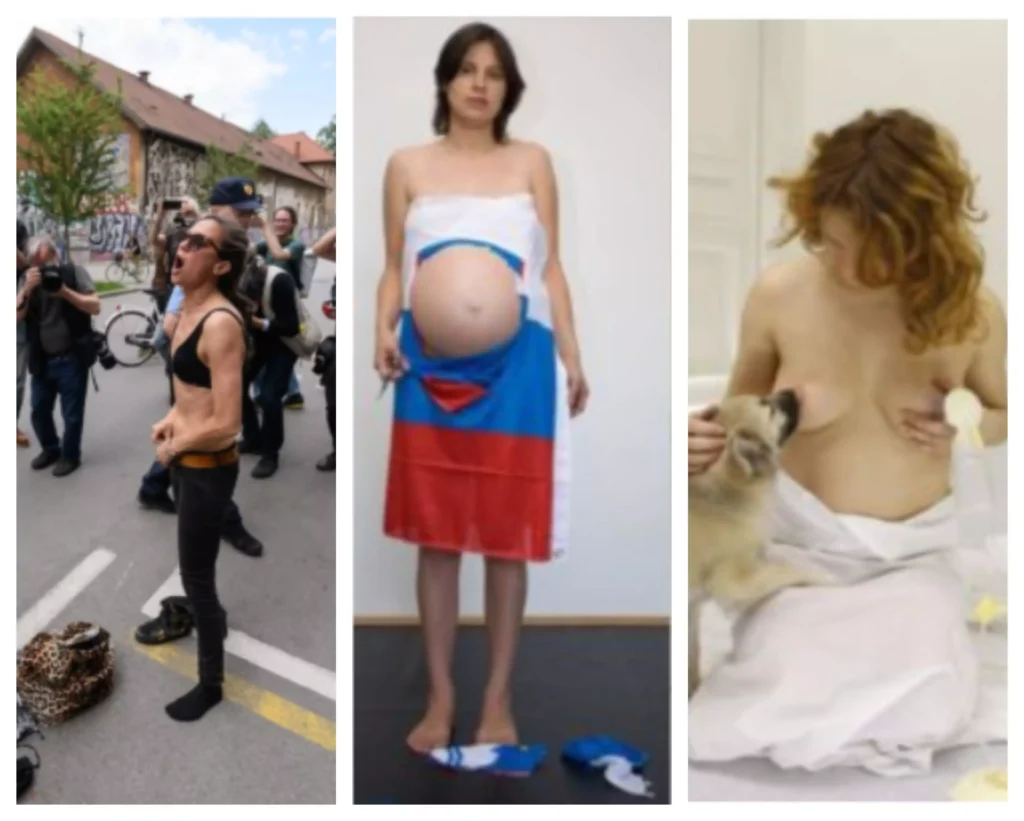A near-plebiscitary majority is opposed to the law that would grant extraordinary pensions to select artists.
The question in a recently conducted public opinion poll was: “The National Assembly has passed a law providing that recipients of the highest awards for artistic achievement will be entitled to a supplement to their pension. The amount of the supplement will depend on the type of award and may amount to up to 1,500 euros per month. Do you support this law?”
The majority of respondents (as many as 63.0 percent) do not support a law that would allow recipients of the highest artistic awards to receive a pension supplement of up to 1,500 euros per month. A smaller proportion of respondents (26.7 percent) support the law, while 10.3 percent have no opinion on it or cannot decide. These are staggering figures, which are all the more impressive given that the opposition did not even “market” the referendum politically – it all happened by inertia.
The survey, which was carried out between the 10th of February and the 13th of February 2025, covered 717 adult residents of the Republic of Slovenia, 50.3 percent of whom were women. The sample was drawn from 505 telephone calls and 212 online surveys.
Why are the results so meaningful?
The results of the poll in question are extremely significant because they basically indicate not only taxpayers’ aversion to the sponsorship of the Left party’s (Levica) street power arm, but also a general dissatisfaction with the current government. Such figures are usually an indicator of governments about to collapse – remember how the Pahor troika lost the referendum on the then-Radio-Television Slovenia Act, which, in fact, was also a referendum against the government of the time, that had by then already completely screwed up the management of the country through the financial crisis.
Moreover, a close look at the background of the respondents reveals that the law is unpopular in all spheres of society – among both men and women, older and younger, educated and less educated – the only group that deviates a little is young people between 18 and 34, and even there, there is a robust majority against the law. This is surprising, as there are usually strong differences between the different categories of respondents. This is even more evidence of how unpopular this government measure is.
Additionally, Slovenian voters have been hearing for two years that there is no money for higher pensions (for ordinary mortals), nor for a general relief of wages through the income tax scale.
The SDS party referendum
The government of Robert Golob has already approved the law on the 30th of January 2025, after a preliminary veto by the National Council, and the largest opposition party, the Slovenian Democratic Party (Slovenska demokratska stranka – SDS), thus announced a referendum, with SDS MP Andrej Hoivik as the first signatory. Given the results of the recent public opinion poll, the referendum has a good chance of success.
The Act on the supplement to the pension for outstanding achievements in the field of art entitles Slovenian citizens who, through outstanding achievements in the field of art, have shown special merit for the quality, importance and recognition of art in Slovenia or abroad, and who are receiving a pension under the pension and disability insurance regulations, or a pension abroad, to the said supplement. The amount of the allowance will be linked to the amount of the individual’s basic pension and the time at which the application for the allowance is made. A list of awards and distinctions for entitlement to the allowance was also added to the law. Recipients of the Prešeren Prizes will also receive a monthly pension of around 3,000 euros (net), while the Prešeren Fund winners and the recipients of the President of the Republic award will receive half of that amount.
In 2022 and 2023, at least ten pensions were awarded to deserving persons, including Friday’s “political cyclist” Boris A. Novak.
Over two decades, if the law is not defeated in a referendum, deserving artists will thus receive almost half a million euros of public funding per person, on top of the basic 30,000-euro-award they have already received for the Prešeren Prize, which will now be a right of eminent domain. In the previous awards of extraordinary pensions, this right was not cognisable. It will therefore be a politically and bureaucratically cemented, lifetime entitlement.
Ordinary pensions are stagnating
The award to the artistic elite has hit ordinary pensioners who retired after 40 years of service even harder, because regular pensions are lagging behind under the Robert Golob government, as the figures provided by the Statistical Office of the Republic of Slovenia also prove.
Out of a total of 533,292 pension recipients, some 309,000 pensioners, or 58 percent of the total, receive a pension below the poverty risk threshold. As many as 51,889 pensioners receive a pension of less than 500 euros a month. The hardship is growing, with the coalition taking 60 percent of one month’s pension from each pensioner.
The latest data from the Statistical Office of the Republic of Slovenia on the risk of poverty shows that the lower limit for a one-person household is 903 euros per month, and for a two-person household without children, it is 1,354 euros. Pension data show that 308,981 pensioners (out of a total of 533,292) will receive a pension of less than 900 euros in November 2024, according to the latest published data from the Pension and Disability Insurance Institute of Slovenia (ZPIZ).
I. K.


